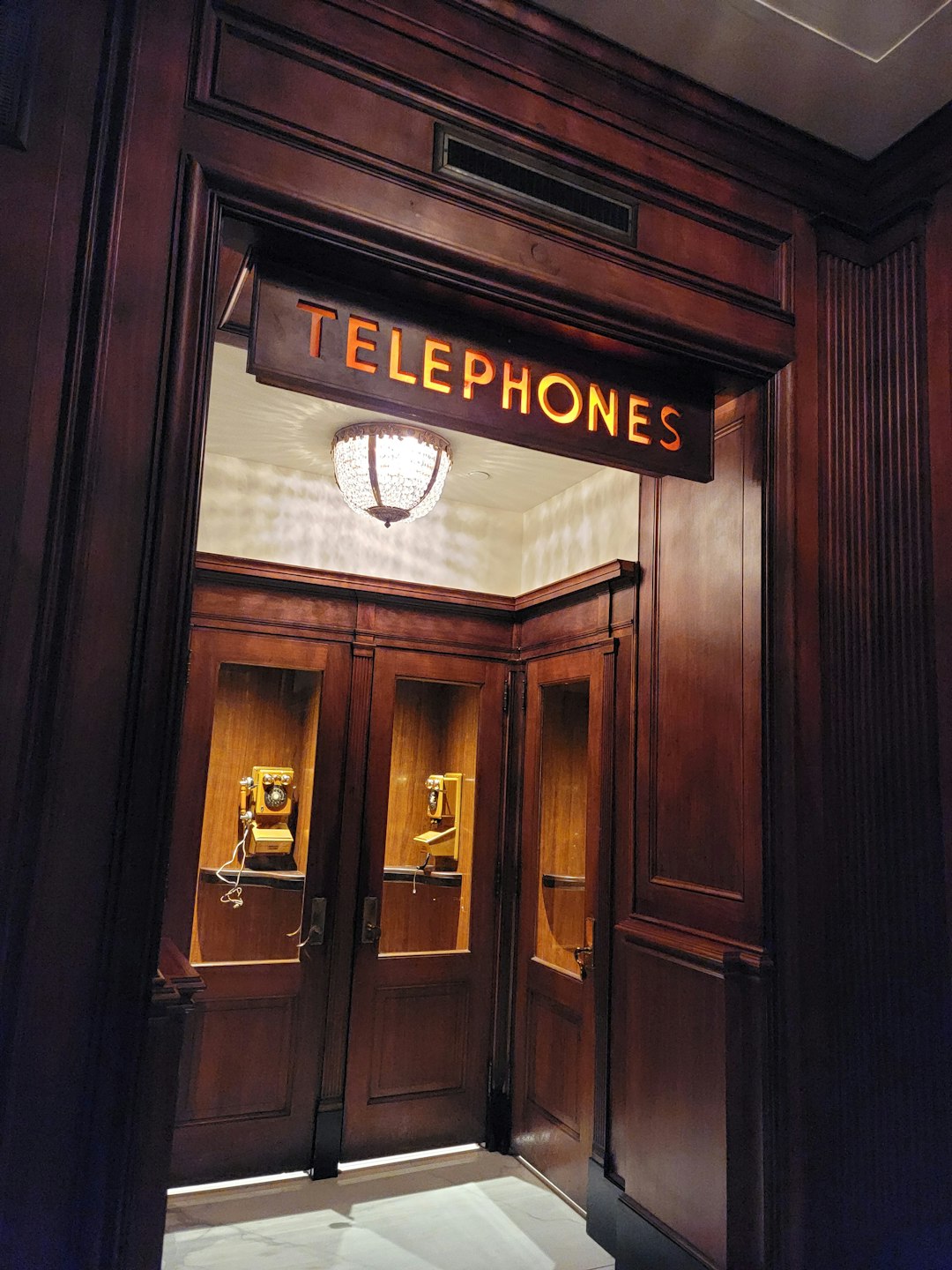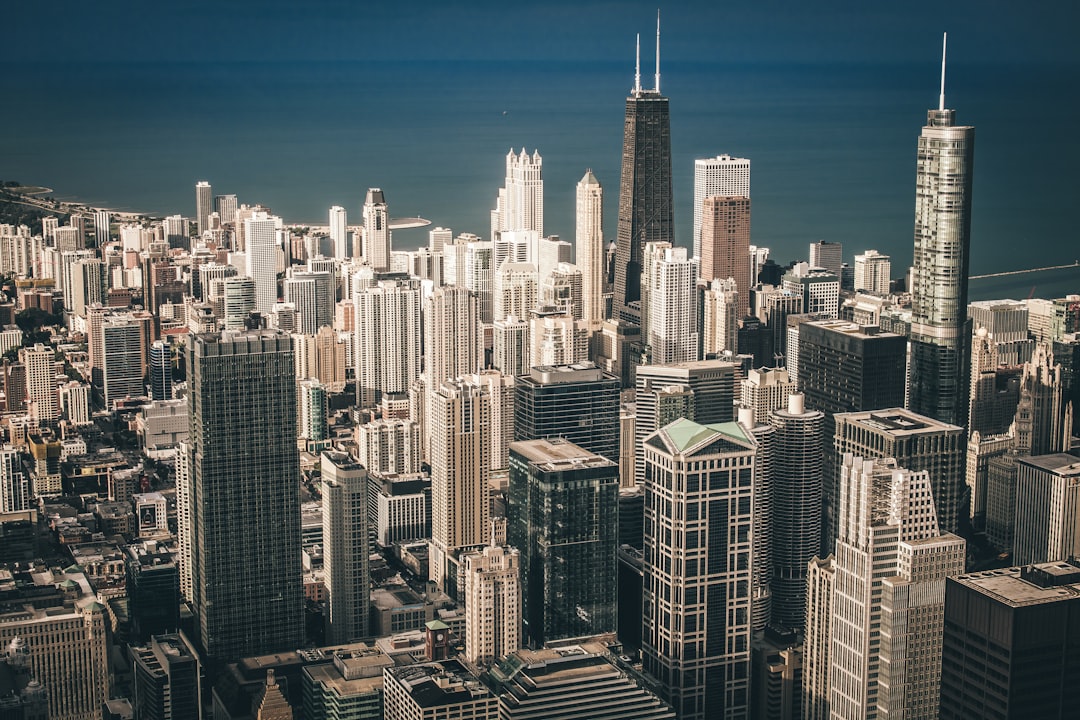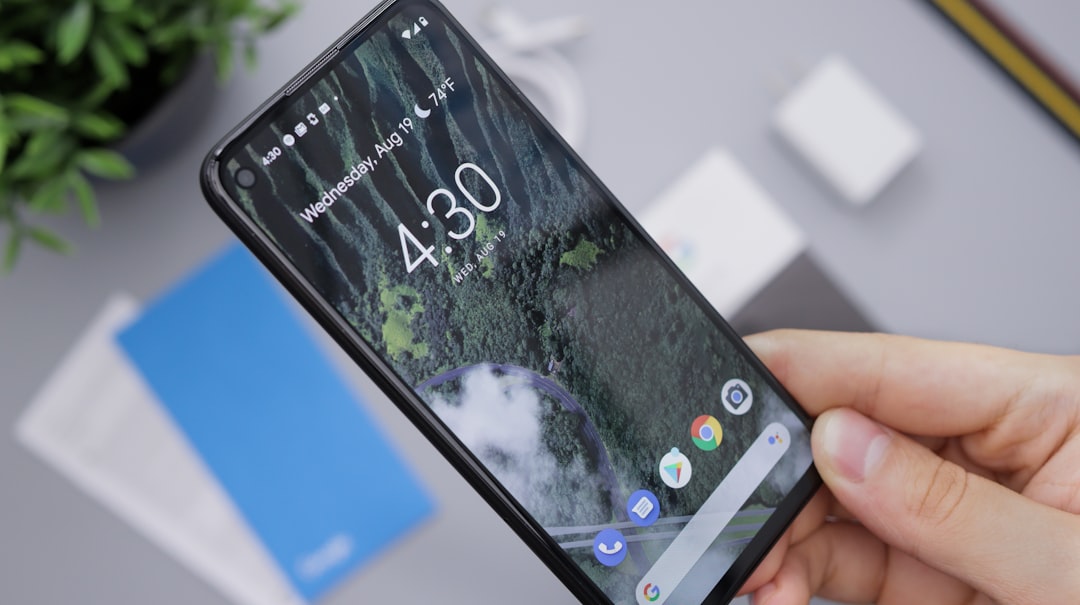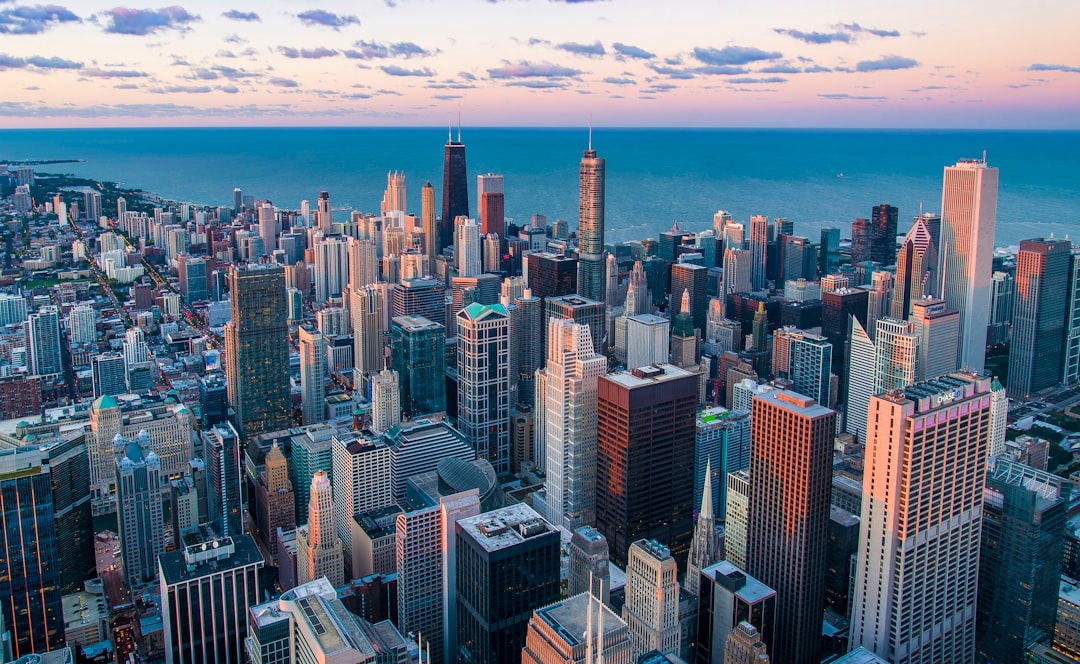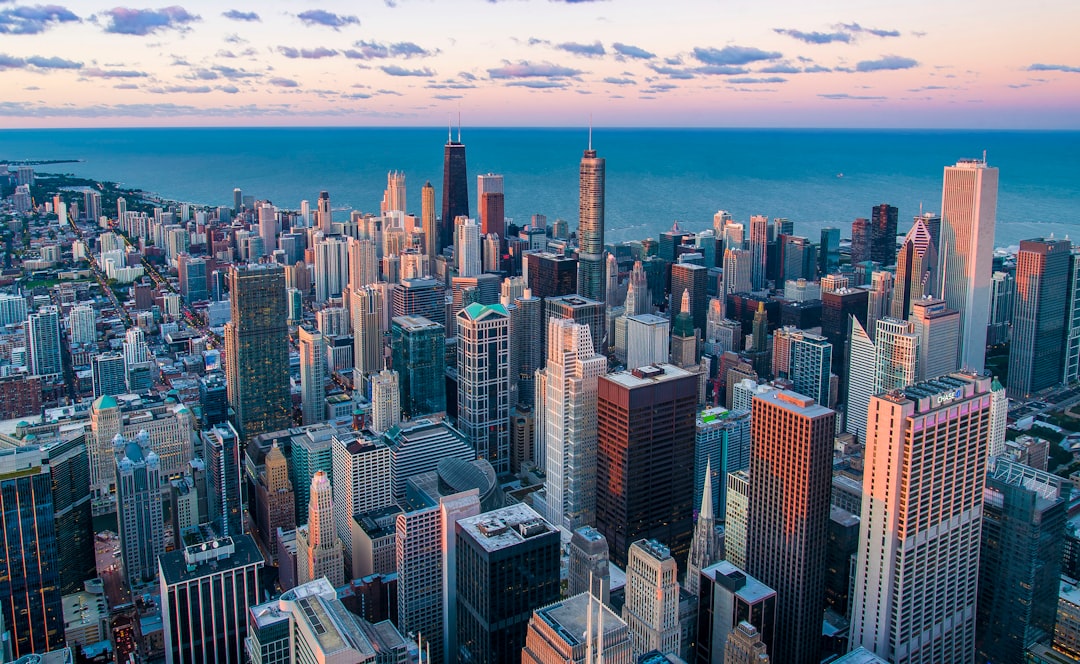In Chicago, robocalls are regulated by state and federal laws, including the Telephone Consumer Protection Act (TCPA) and Illinois Communications Act, which protect residents from unwanted automated calls. Violators face civil and potential criminal penalties. Victims of spam calls can consult a Spam Call law firm Chicago to explore legal options like filing complaints or taking civil action against offenders.
In the digital age, robocalls have become a ubiquitous—and often unwanted—disturbance. While automated phone calls can provide valuable information, they also pose a significant nuisance, especially when used for spam purposes. In Chicago, understanding the legal framework surrounding robocallers is crucial. This article explores whether robocallers can be held criminally accountable under Chicago’s spam call laws and guides readers on their legal recourse if they’ve been harassed by automated callers. Contact a spam call law firm in Chicago to learn more about your rights.
Understanding Robocall Regulations in Chicago

In Chicago, as across the United States, robocalls have become a pervasive and often unwanted nuisance. The sheer volume of automated phone calls can be frustrating for consumers, many of whom are unsure about their legal options against these callers. Understanding the regulations surrounding robocalls is crucial in determining whether criminal charges can be brought against these entities or individuals responsible for placing them.
The Telephone Consumer Protection Act (TCPA) serves as a key piece of legislation that protects consumers from unwanted phone calls, including spam calls from robocallers. The law allows recipients to file lawsuits and seek damages if they believe their privacy has been violated by automated phone messaging without prior consent. Chicago’s local laws also offer additional protections, ensuring that residents are not harassed or disturbed by unsolicited calls. Any business or individual found violating these regulations can face significant fines and legal repercussions, making it imperative for robocallers to operate within the confines of these laws to avoid potential criminal charges from a reputable spam call law firm in Chicago.
When Do Robocalls Cross the Line?
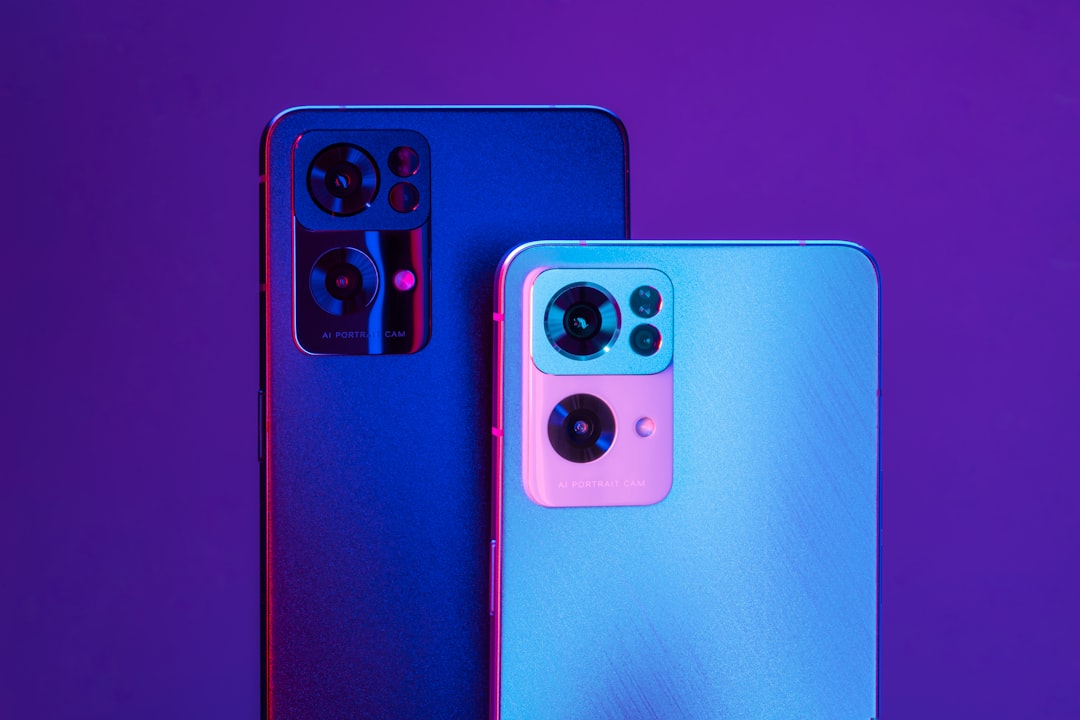
In the digital age, robocalls have become an increasingly common nuisance, but when do these automated phone calls cross the line from annoying to illegal? In Chicago and across Illinois, there are strict regulations in place to combat spam calls, particularly those made without consent. The Illinois Communications Act prohibits automated or prerecorded calls unless the caller has obtained prior express written consent from the recipient.
Robocallers who violate these laws may face significant consequences, including civil penalties of up to $500 per violation and criminal charges for willful and knowing violations. A spam call law firm in Chicago can help individuals navigate these complex regulations and determine if they have a case against unwanted robocalls. Understanding when these automated messages become illegal is the first step in holding robocallers accountable.
Legal Recourse Against Spam Callers
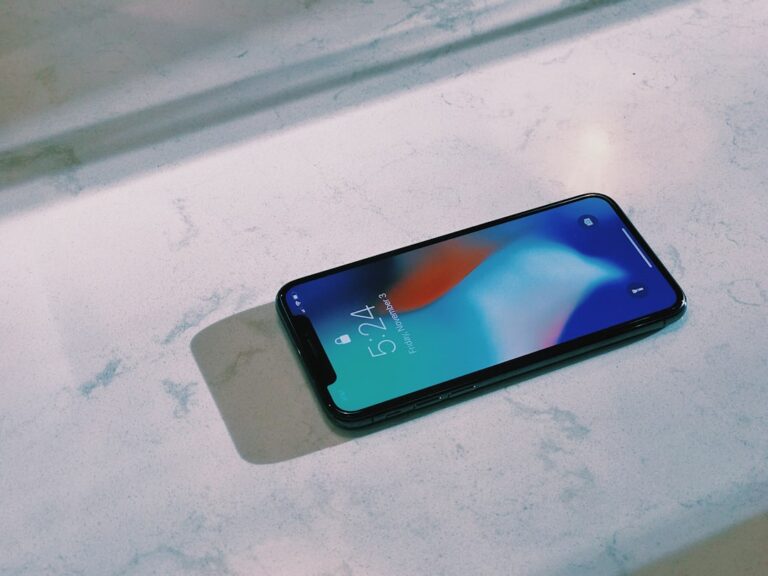
In the face of persistent spam calls, Chicago residents have legal recourse. While robocalls are often considered a nuisance, they can also be illegal under the Spam Call law. If a caller uses automated technology to make unwanted phone calls en masse, it may violate the Telephone Consumer Protection Act (TCPA). A reputable Spam Call law firm Chicago can help navigate these complexities and pursue legal action against violators.
Victims of spam calling can file a complaint with the Federal Trade Commission (FTC) or take civil action in court. In some cases, individuals or groups may even seek criminal charges if the calls involve threats, scams, or other illegal activities. Consulting with an attorney specializing in Spam Call law firm Chicago is crucial to understand one’s rights and explore available options for holding offenders accountable.


